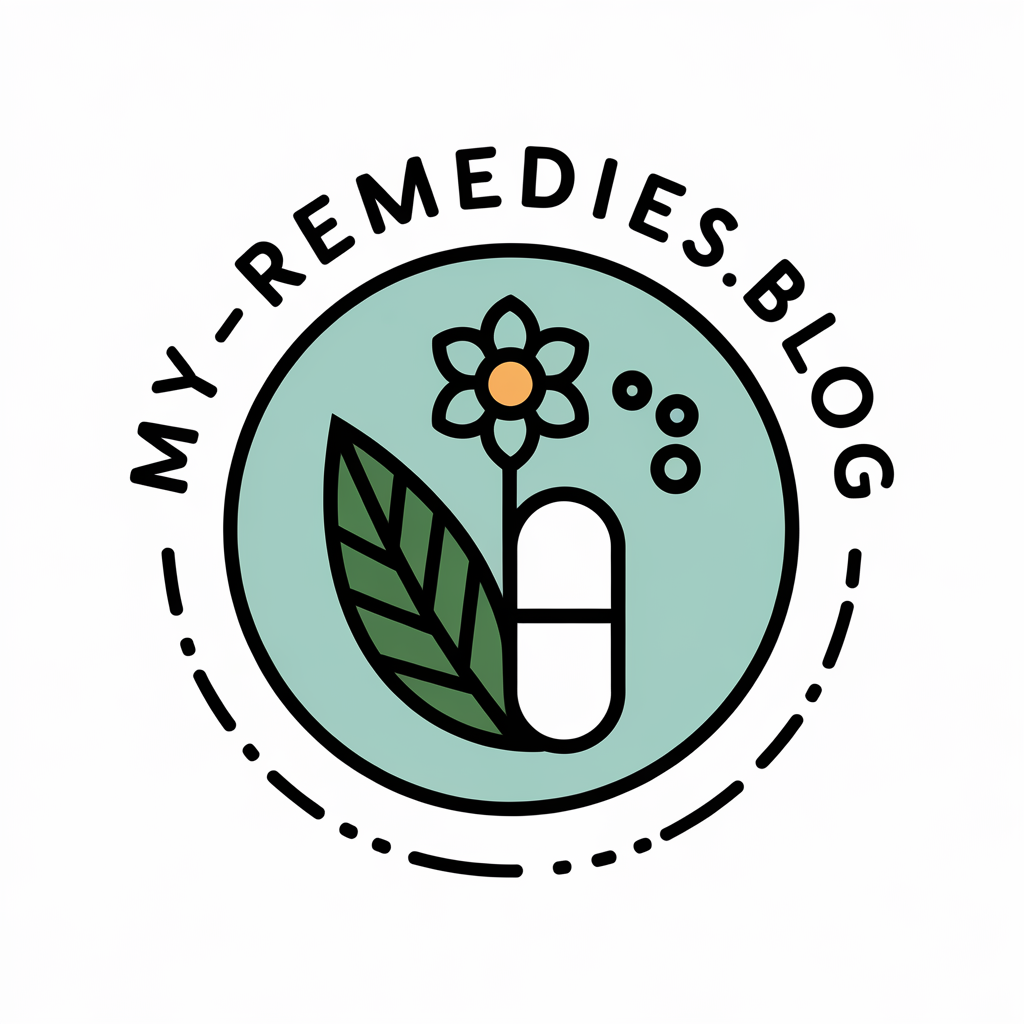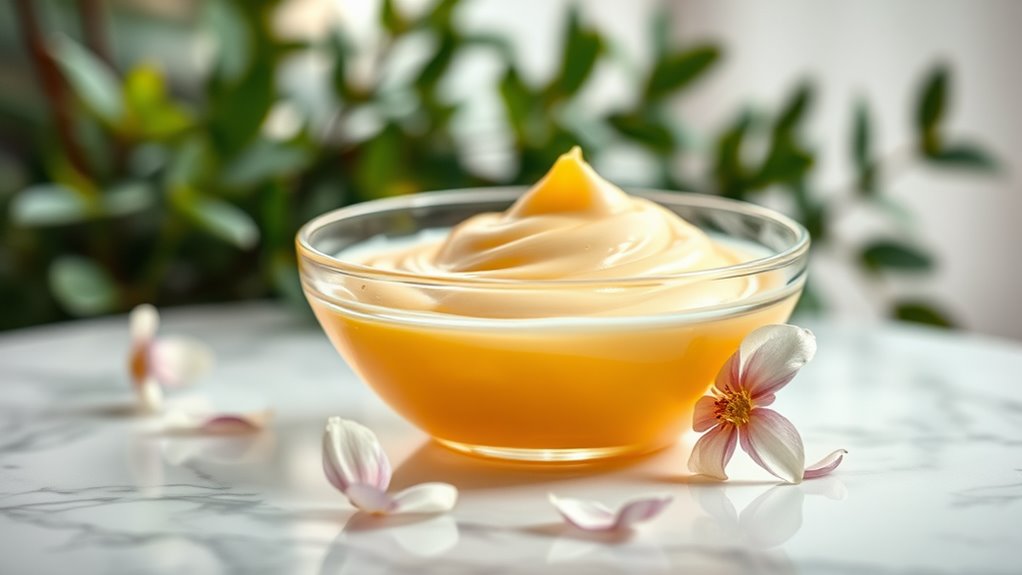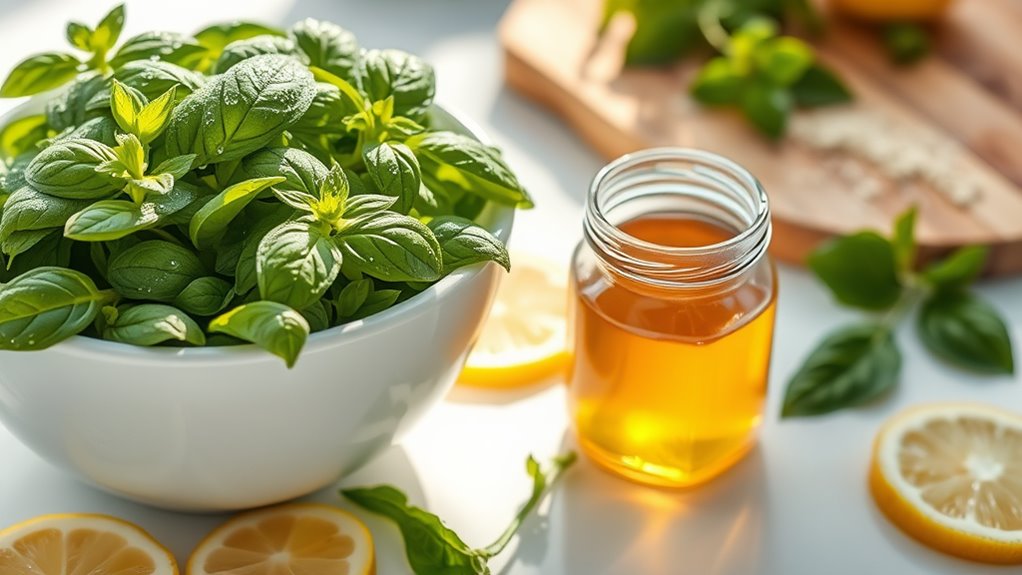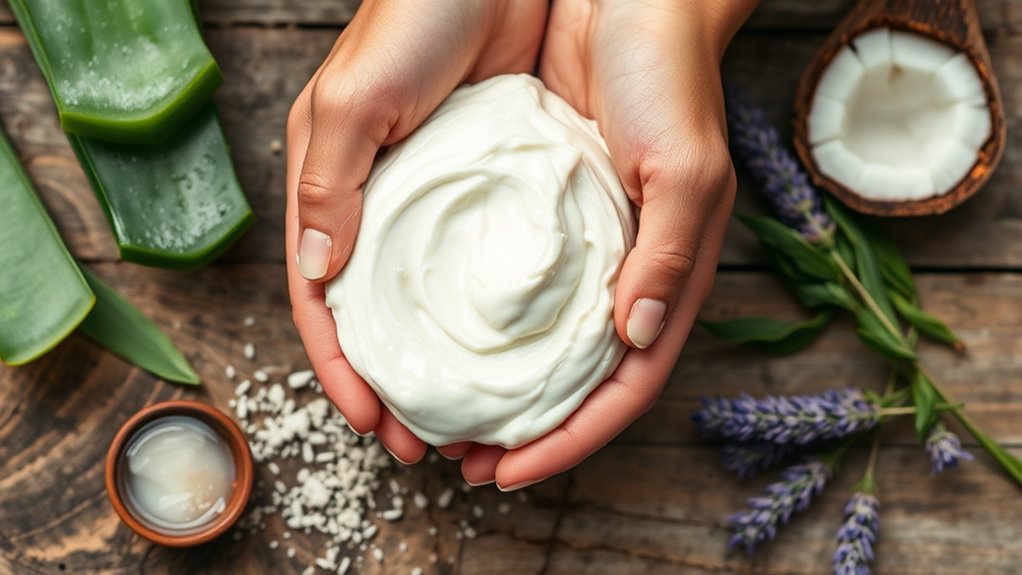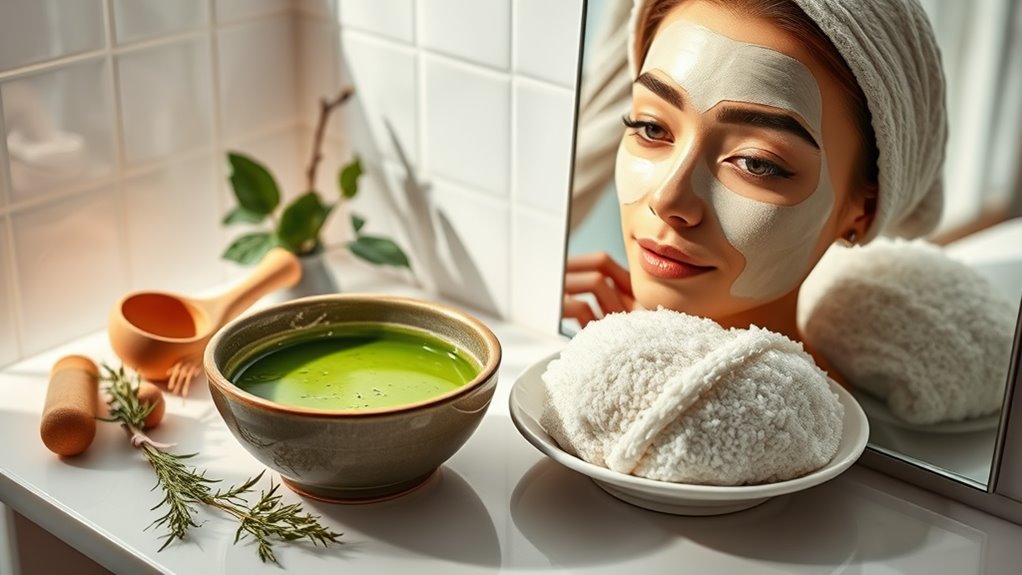Clear Skin Starts in Your Gut-Here’s How to Begin
Clear skin truly starts in your gut. An imbalanced gut microbiome can lead to skin issues like acne and dryness. To support your skin, incorporate probiotic-rich foods like yogurt and fermented veggies, and focus on fiber from fruits and whole grains. Staying hydrated is also essential for digestion and skin elasticity. Plus, managing stress helps lower inflammation that affects your skin. There’s a lot more you can do to enhance your skin’s clarity and overall beauty.
Key Takeaways
- Incorporate probiotic-rich foods like yogurt and fermented vegetables to balance your gut microbiome for clearer skin.
- Eat a variety of fiber-rich foods, such as fruits and whole grains, to enhance digestion and support gut health.
- Stay hydrated to aid nutrient absorption and flush toxins, promoting skin elasticity and reducing breakouts.
- Manage stress through mindfulness and regular exercise to lower cortisol levels and decrease inflammation affecting your skin.
- Track your diet and skincare routine to identify triggers and monitor progress for long-term skin improvement.
Understanding the Gut-Skin Connection
When you think about clear skin, you mightn’t immediately consider your gut, but research shows there’s a strong connection between the two.
Your gut health directly influences your skin’s appearance. An imbalance in gut bacteria can lead to inflammation and skin issues like acne and eczema. When your gut is healthy, it helps regulate hormones and reduces inflammation, which can lead to clearer skin. Incorporating fermented foods into your diet can further enhance gut health and support clearer skin. Additionally, maintaining a healthy gut with probiotics can significantly improve your skin’s overall appearance.
Foods rich in fiber, probiotics, and antioxidants support a balanced gut microbiome, promoting ideal gut health and skin. Staying hydrated and avoiding processed foods also aids in maintaining this balance.
The Role of Gut Microbiome in Skin Health
Although many people may overlook it, the gut microbiome plays an essential role in maintaining skin health. A balanced gut microbiome helps regulate inflammation and promotes the production of beneficial compounds, like short-chain fatty acids, which nourish skin cells. Furthermore, detox teas can support gut health by providing beneficial herbs that enhance digestion and reduce inflammation.
When your gut is thriving, it can help reduce conditions such as acne and eczema by supporting your immune system and reducing systemic inflammation. Research shows that a diverse microbiome can improve the skin’s barrier function, preventing moisture loss and protecting against harmful pathogens. Additionally, incorporating turmeric’s anti-inflammatory properties into your diet can further enhance gut health, benefiting your skin in return.
Signs of an Unhealthy Gut Affecting Your Skin
An unhealthy gut can manifest in several ways that directly impact your skin’s appearance and overall health.
If you notice persistent acne, dryness, or eczema flare-ups, it may signal an imbalance in your gut microbiome. You might also experience increased oiliness or redness, which can stem from inflammation caused by unhealthy gut bacteria.
Furthermore, digestive issues like bloating, gas, or irregular bowel movements often correlate with skin problems, as toxins can build up and affect your complexion.
Poor gut health can also lead to nutrient deficiencies, depriving your skin of essential vitamins and minerals necessary for repair and rejuvenation. A gut-healing tonic can support the gut microbiome crucial for overall wellness.
Foods to Incorporate for a Healthier Gut
To support a healthier gut, you’ll want to incorporate probiotic-rich foods like yogurt and fermented vegetables into your diet.
These foods can help balance your gut microbiome, which plays an essential role in your overall skin health.
Additionally, boosting your fiber intake with fruits, vegetables, and whole grains can enhance digestion and promote a flourishing gut environment.
Probiotic-Rich Foods
When you incorporate probiotic-rich foods into your diet, you’re taking an essential step towards nurturing a healthier gut and, consequently, clearer skin.
Probiotics are beneficial bacteria that help balance your gut microbiome, which can reduce inflammation and improve skin health. Foods like yogurt, kefir, sauerkraut, kimchi, and miso are excellent sources of these live cultures.
Regularly consuming these can enhance your digestion, boost your immune system, and even help manage acne and eczema. Aim for a variety of these foods to guarantee a diverse range of probiotics, maximizing their benefits.
Fiber Boosting Options
Incorporating fiber-rich foods into your diet is another essential step toward promoting a healthier gut and achieving clearer skin. Foods like fruits, vegetables, whole grains, and legumes provide the necessary fiber that nourishes beneficial gut bacteria.
Start your day with oatmeal topped with berries, which not only adds fiber but also antioxidants. Snack on carrots or apples for a crunchy, gut-friendly boost. Incorporate beans or lentils into your meals; they’re excellent sources of soluble fiber that help regulate digestion.
Whole grains, such as quinoa and brown rice, support overall gut health. By including these fiber-rich options, you’ll enhance your gut microbiome, ultimately leading to improved skin clarity and health.
Probiotics and Their Impact on Skin Clarity
Probiotics play an essential role in maintaining skin clarity, as they help balance the gut microbiome, which in turn influences skin health.
When your gut is balanced, it can reduce inflammation and improve nutrient absorption, directly impacting your skin’s appearance.
Research shows that certain probiotic strains, like Lactobacillus and Bifidobacterium, can help combat acne and eczema by modulating immune responses and reducing skin sensitivity.
Incorporating fermented foods like yogurt, kefir, and sauerkraut into your diet can greatly boost your probiotic intake.
Additionally, high-quality probiotic supplements can also be beneficial if you struggle to get enough from food.
The Importance of Hydration for Gut and Skin Health
Staying hydrated is essential for both your gut and skin health, as it boosts nutrient absorption and aids in digestion. When your body receives enough water, it helps maintain ideal skin hydration, leading to a clearer complexion. Additionally, proper hydration plays a crucial role in flushing out toxins from the body, further contributing to skin health. Incorporating ginger, lemon, and mint into your hydration routine can also enhance digestive wellness and support clearer skin.
Hydration Boosts Nutrient Absorption
Maintaining ideal hydration is essential for maximizing nutrient absorption, which directly impacts both gut and skin health. When you’re well-hydrated, your body efficiently transports vitamins, minerals, and antioxidants to where they’re needed most. This process helps your gut microbiome flourish, supporting digestion and overall gut function.
In addition, adequate hydration helps maintain skin elasticity and a healthy barrier, reducing dryness and promoting a radiant complexion. Studies show that even mild dehydration can impair nutrient uptake, leading to potential deficiencies that affect skin health.
Water’s Role in Digestion
While you mightn’t think about it often, water plays an essential role in digestion, influencing both your gut health and skin appearance. Proper hydration helps break down food, allowing your body to absorb nutrients efficiently.
When you’re well-hydrated, your digestive system functions effectively, reducing issues like bloating and constipation. Additionally, water helps transport vitamins and minerals to your skin, promoting a healthy glow.
Dehydration can lead to sluggish digestion and exacerbate skin problems, such as dryness and irritation. Aim to drink enough water throughout the day to support your digestive health.
Skin’s Hydration Connection
Have you ever wondered how hydration directly impacts both your gut and skin health? Staying well-hydrated is crucial for maintaining balance in your body.
When your cells are adequately hydrated, your gut functions effectively, aiding digestion and nutrient absorption. This, in turn, reflects on your skin’s appearance.
Here’s how proper hydration benefits both systems:
- Flushes toxins: Keeps your gut clean and reduces skin breakouts.
- Promotes elasticity: Hydrated skin retains its firmness and reduces wrinkles.
- Balances oil production: Prevents excess oil, reducing acne flare-ups.
- Enhances nutrient delivery: Guarantees vitamins and minerals reach your skin, promoting a healthy glow.
Lifestyle Changes for a Balanced Gut
To achieve a balanced gut, incorporating specific lifestyle changes can make a significant difference in your overall health.
Start by eating a diverse diet rich in fiber, fruits, and vegetables, which nourishes beneficial gut bacteria. Probiotics from sources like yogurt or fermented foods can also enhance gut health.
Make sure to stay hydrated, as water supports digestion and nutrient absorption. Regular physical activity promotes gut motility and reduces inflammation, contributing to a balanced microbiome.
Additionally, prioritize sleep, as quality rest is essential for gut health, helping to regulate the gut-brain axis.
Finally, limit processed foods and added sugars, which can disrupt gut flora.
Stress Management and Its Effect on Your Skin
Stress can greatly impact your skin’s health, leading to issues like acne, eczema, and premature aging.
When you’re stressed, your body releases cortisol, which can trigger inflammation and oil production. Managing stress is vital for maintaining clear skin.
Here are some effective strategies you can incorporate:
- Mindfulness Meditation: Practicing mindfulness helps reduce stress levels and promotes skin healing. Recent studies have shown that mindfulness improves focus and emotional regulation, which can further support your skin’s health.
- Regular Exercise: Physical activity boosts endorphins, improving mood and reducing cortisol.
- Adequate Sleep: Prioritize sleep to allow your body to repair itself and balance hormones.
- Balanced Diet: Nourishing your body with whole foods can support both gut and skin health.
Tracking Your Progress for Clearer Skin
Tracking your progress is essential for achieving clearer skin and understanding what truly works for your unique complexion. Start by keeping a detailed journal of your diet, skincare routine, and any lifestyle changes you make.
Note any flare-ups or improvements, connecting them to specific foods or products. This helps identify triggers, allowing you to make informed adjustments.
Consider using apps designed for tracking skin health or even simple spreadsheets. Regularly take photos to visually document changes over time.
Stay consistent with your tracking for at least a few weeks to gather substantial data. Remember, patience is key; skin improvements can take time.
With this holistic approach, you’ll gain valuable insights into your skin’s needs, leading to clearer, healthier skin.
